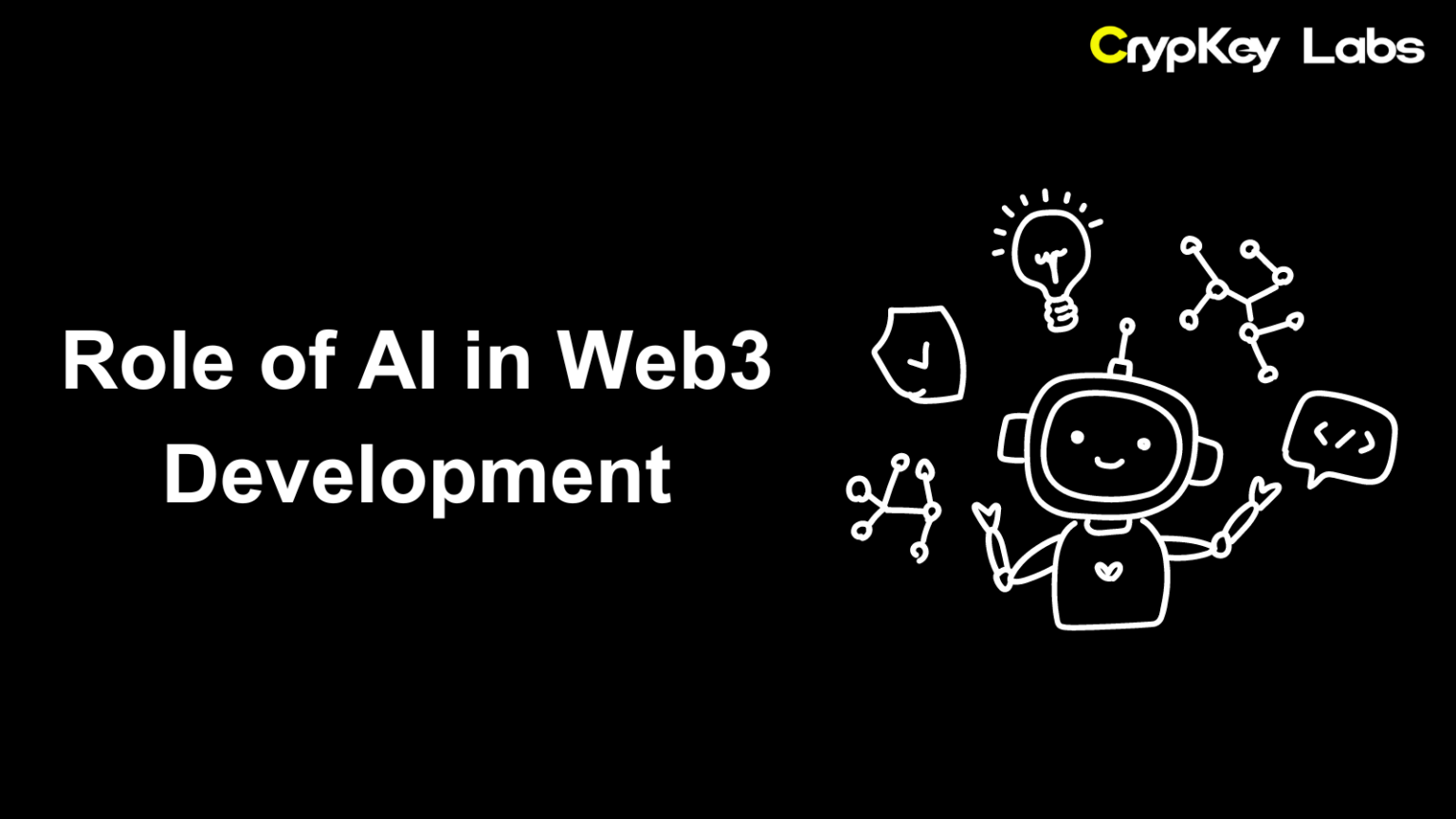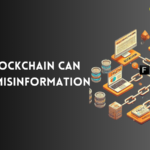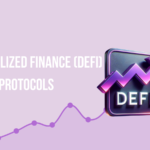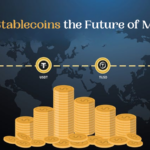As technology advances, two of the most exciting innovations shaping the future are Web3 and Artificial Intelligence (AI). Web3 is all about decentralization, giving more control to users by utilizing blockchain technology, while AI is transforming industries through automation, learning, and data analysis. When AI and Web3 come together, they have the potential to revolutionize the internet as we know it. In this blog, we’ll explore how AI plays a crucial role in Web3 development, enhancing everything from security and scalability to smart contracts and decentralized finance.
What is Web3?
To understand how AI fits into Web3 development, it’s important to first grasp what Web3 is. Web3 is essentially the next phase of the internet—often referred to as the decentralized web. In contrast to Web2, where major corporations control vast amounts of data, Web3 is designed to be decentralized, giving users control over their own data and assets.
Key components of Web3 include blockchain technology, decentralized applications (dApps), and smart contracts, all working together to create a more open and secure digital space. Despite its potential, Web3 still faces challenges, such as scalability issues and ensuring privacy for users. This is where AI comes in, helping to address these challenges and unlock the full potential of Web3.
The Role of AI in Web3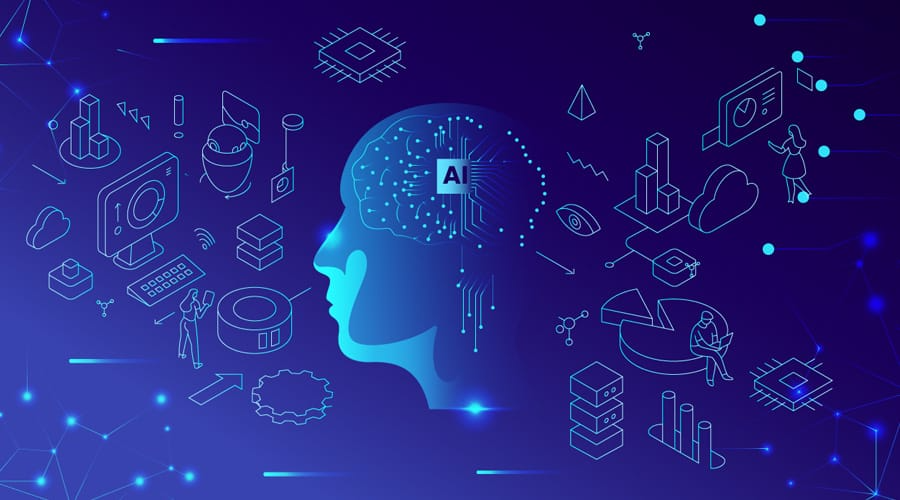
AI’s role in Web3 is multifaceted, ranging from enhancing security to improving the efficiency of decentralized applications. Let’s dive into the key areas where AI and Web3 intersect.
Enhancing Security and Privacy with AI
One of the major challenges in Web3 is security. With the rise of decentralized systems, ensuring data privacy and protection against cyberattacks becomes critical. AI can bolster security in Web3 through advanced algorithms capable of detecting and mitigating threats in real time.
AI can analyze patterns in large datasets to identify vulnerabilities in decentralized networks. It can also predict potential security breaches before they occur, making blockchain systems more resilient. Additionally, AI plays a significant role in improving privacy in Web3 by enabling more sophisticated encryption techniques and ensuring user anonymity in decentralized applications.
Improving Scalability and Efficiency
Scalability is another big hurdle for Web3 adoption. Blockchain technology, while secure, can be slow and resource-intensive. This is especially true when processing large numbers of transactions or when running complex decentralized applications.
AI can help address these scalability issues by optimizing the performance of blockchain networks. Through machine learning, AI can predict and allocate resources more efficiently, ensuring faster transaction processing times without compromising security. AI algorithms can also manage blockchain nodes more effectively, allowing for better load balancing and energy efficiency in decentralized systems.
Intelligent Smart Contracts
Smart contracts are a key feature of Web3, enabling automated transactions without the need for intermediaries. However, traditional smart contracts are limited in their complexity. They can only execute predefined conditions and lack the flexibility to adapt to changing circumstances.
This is where AI comes in. By integrating AI with smart contracts, we can create “intelligent” contracts that can learn and adapt over time. AI can help these contracts make more informed decisions based on data patterns and predictions. For example, an AI-powered smart contract could evaluate market conditions before executing a trade or adjust its terms based on new data inputs. This combination makes smart contracts more dynamic and responsive to real-world conditions.
AI’s Contribution to Decentralized Autonomous Organizations (DAOs).jpg)
Decentralized Autonomous Organizations (DAOs) are a core component of Web3, allowing communities to manage projects, funds, and decisions without a centralized authority. However, managing a DAO can be complex, especially as they grow in size and scope. AI can assist DAOs by automating many of their processes, making them more efficient.
Automating Decision-Making
In a DAO, decisions are typically made through voting mechanisms, which can be time-consuming. AI can streamline this process by analyzing past decisions and predicting the best course of action based on the organization’s goals. This helps DAOs make faster, more informed decisions.
AI in Governance Systems
AI can also play a role in governance within DAOs by analyzing proposals, forecasting their outcomes, and recommending the best path forward. Additionally, AI can monitor the performance of DAO members and automatically adjust voting power or privileges based on contribution levels.
AI and Decentralized Identity in Web3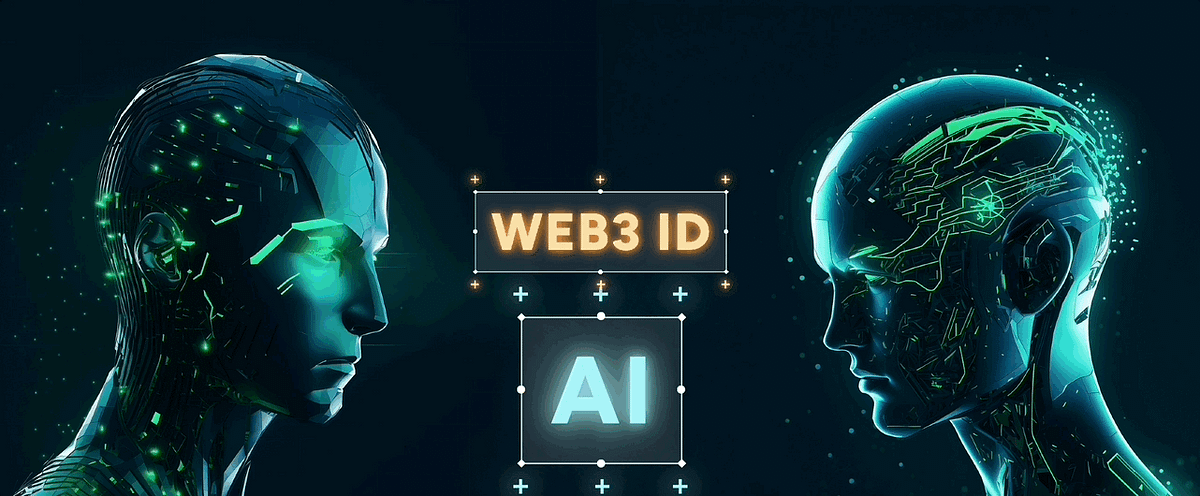
In Web3, decentralized identity is a key concept that allows users to own and control their digital identities. AI can greatly enhance the security and functionality of decentralized identity systems.
AI-Driven Identity Verification
In a decentralized world, verifying the authenticity of users without relying on centralized authorities is a major challenge. AI can assist in this by analyzing biometric data or other unique identifiers to ensure that users are who they claim to be. AI-driven identity verification can help reduce fraud and protect users’ personal information.
Preventing Identity Theft
AI can also play a key role in preventing identity theft in decentralized environments. By continuously monitoring user activity, AI can detect anomalies that might indicate an unauthorized attempt to access a user’s identity or assets. This helps create a safer and more secure environment for users in Web3.
AI in Decentralized Finance (DeFi)
Decentralized Finance (DeFi) is one of the most rapidly growing sectors in Web3, offering financial services like lending, borrowing, and trading without intermediaries. AI can bring significant benefits to DeFi platforms by improving efficiency, security, and user experience.
AI-Powered Trading Algorithms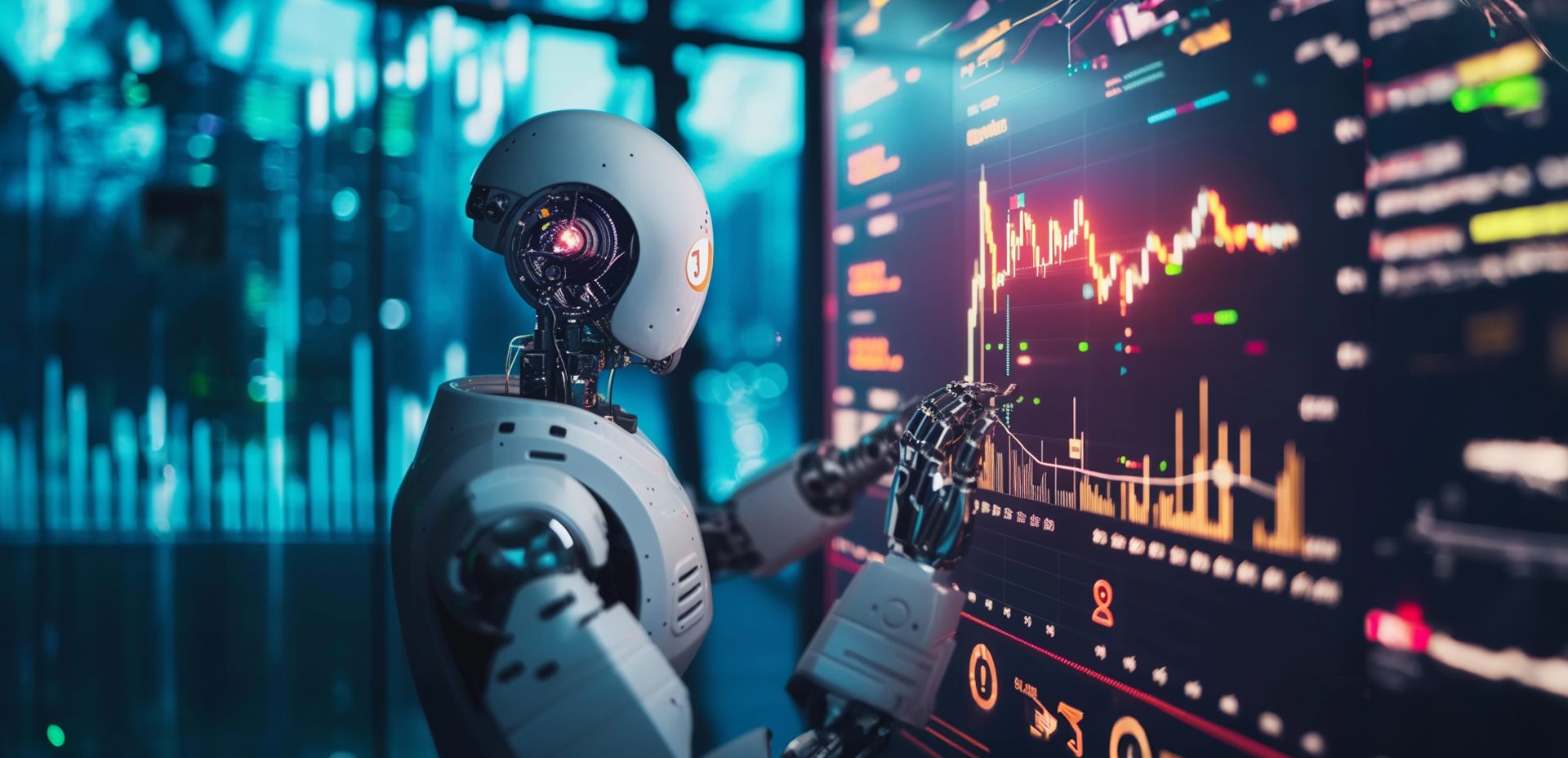
One of the primary use cases for AI in DeFi is in trading algorithms. AI can analyze market trends, historical data, and news events to make informed trading decisions. These algorithms can execute trades in real-time, adjusting to market fluctuations and ensuring users maximize their profits while minimizing risks.
Predictive Analytics in DeFi
In addition to trading, AI can be used in DeFi to predict market trends and analyze risk. By leveraging AI-powered predictive analytics, DeFi platforms can offer users better insights into potential funding opportunities, helping them make smarter financial decisions.
Optimizing Liquidity Pools
AI can also help optimize liquidity pools, ensuring that there’s always enough liquidity for users to trade efficiently. By analyzing supply and demand patterns, AI can adjust interest rates or incentivize users to provide liquidity, keeping the system balanced.
Challenges of Integrating AI in Web3
While AI offers numerous benefits to Web3, integrating these two technologies is not without its challenges. There are several ethical and practical concerns that need to be addressed.
Ethical Concerns
One of the main concerns is the ethical use of AI in decentralized systems. Since AI algorithms are often opaque, users may not fully understand how decisions are being made. This lack of transparency can lead to issues of trust, especially in decentralized communities where users demand more control.
Trust in AI-Driven Automation
Another challenge is the level of trust in AI-driven automation. While AI can make processes more efficient, there’s always the risk of it making mistakes or being manipulated. Ensuring that AI systems in Web3 are secure and unbiased is crucial for widespread adoption.
Ensuring Transparency and Fairness
To address these concerns, it’s important to build AI systems that prioritize transparency and fairness. This includes open-sourcing AI algorithms, providing users with clear explanations of how decisions are made, and ensuring that AI systems are not biased or discriminatory.
Future of AI in Web3 Development
As AI and Web3 continue to evolve, their combined potential is enormous. In the future, we can expect AI to play an even more prominent role in shaping the decentralized web.
Building a Smarter Decentralized Web
AI will help Web3 become more intelligent, enabling decentralized applications to learn and improve over time. This could lead to more personalized user experiences, smarter dApps, and more efficient decentralized systems.
AI, Blockchain, and Emerging Technologies
The synergy between AI, blockchain, and other emerging technologies like the Internet of Things (IoT) and the metaverse will unlock new possibilities for Web3. We’re just scratching the surface of what AI and Web3 can achieve together.
Conclusion
AI is set to play a transformative role in Web3 development. From enhancing security and privacy to improving scalability and efficiency, AI is helping overcome many of the challenges facing the decentralized web. As we look to the future, the integration of AI and Web3 will unlock new opportunities for innovation, creating a smarter, more secure, and more decentralized internet.

